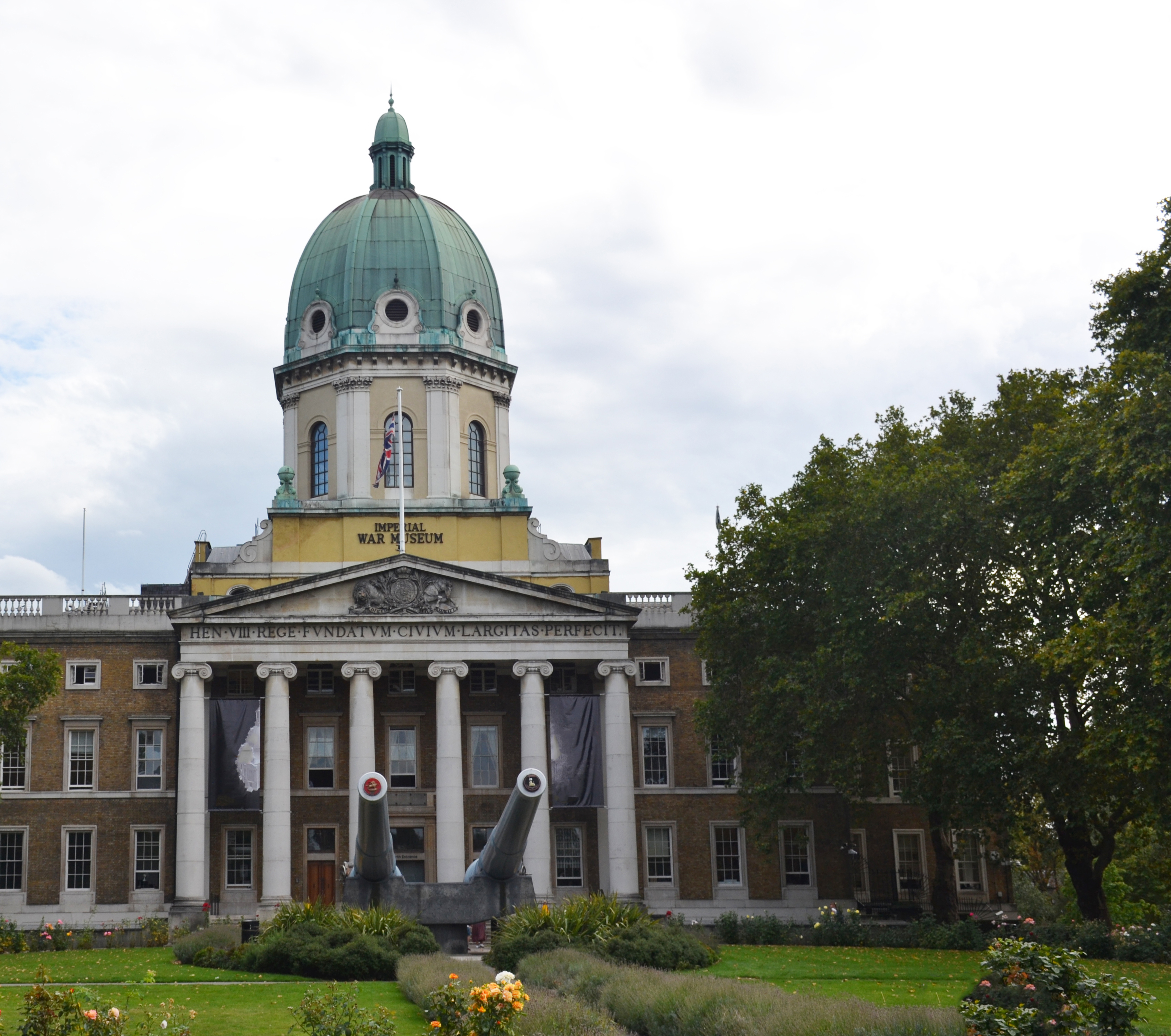You’ll be taught by lecturers who are active researchers, working on real-world projects that connect history and politics to current issues. With modules covering everything from Westminster politics to global conflicts, this course offers a lively mix of historical understanding and political awareness that will open doors to a wide range of careers.
of graduates go on to work or further study after 15 months
University of the Year finalist
Recognised for our graduate success, we’re shortlisted for University of the Year in the Times Higher Education Awards 2025.
Overview
At Worcester, you'll explore the dynamic relationship between historical events and political systems, gaining a deep understanding of how the past shapes the contemporary political landscape.
Our History courses are taught in small, informal groups. This means you'll get a lot of individual support in a very friendly atmosphere. You’ll develop critical thinking, analytical, and research skills by examining topics such as Nazi Germany, British Imperialism, the Atlantic Slave Trade, and gender and welfare history. You’ll benefit from expert-led teaching, including lecturers who are published historians and political scholars, and have opportunities to contribute to their research.
Practical experience is also a core part of this degree. Attend guest lectures, writing retreats, and field trips to sites like the Imperial War Museum, Parliament, and the Slavery Museum.
Studying History with Politics will equip you with transferable skills for careers in law, journalism, teaching, public service, heritage, and political consultancy. With access to specialist resources such as the Worcestershire Archive and Archaeology Service and Cathedral libraries, you’ll be supported in developing a strong academic and professional profile.
Work experience
In your second year of study, you can choose to take a work experience module. Past students have completed their work experience in archives, museums, schools, community organisations, or with political parties and campaigns.
You’ll also be given the chance to take part in volunteering activities throughout your studies. Voluntary opportunities with local and regional historical organisations are regularly publicised to all history students.
Course content
At Worcester, you can shape your History with Politics BA to suit you, with a wide range of optional modules to choose from in your second and third years.
We regularly review our courses to reflect the latest research and developments in the subject area, as well as feedback from students, employers and the wider sector. As a result, modules may change to ensure the course remains current and relevant.
Optional modules will run if enough students choose to study them. It is not guaranteed that all modules will be offered every year.
Careers
A History with Politics degree is a great way to prepare for your future. You’ll learn how to do in-depth research, analyse complex evidence and communicate clear arguments – valuable skills that can be applied to lots of different careers.
This history degree could be the first step toward your career as a:
- Policy officer
- Heritage manager
- Social researcher
- Teacher
- Museum curator
- Archivist
- Librarian
- Historian
- Political risk analyst
- HR officer
- Civil servant
- Lawyer
- Local Government officer
These are just some of the varied jobs History with Politics graduates go into.
If you do choose to become a teacher, you can train to teach with a one-year Primary or Secondary PGCE at Worcester.
Course highlights
Teaching and assessment
Teaching will be delivered through a combination of guided lectures, independent study and one-to-one tutoring sessions.
Our course has been designed to prepare you for your future career, so evaluation is not all about exams. You’ll also be assessed through fieldwork reports, document analyses, article and book reviews, oral presentations, and blogs.
Teaching and assessment contents
Modules are delivered through a combination of lectures, seminars, workshops, tutorials and directed learning. Lectures introduce you to the relevant historiography and/or political research/data and identify appropriate learning materials. Seminars encourage you to discuss their views on topics introduced in lectures, supplemented by the additional research they have undertaken.
In addition, meetings with personal academic tutors are scheduled on at least four occasions in the first year and three occasions in each of the other years of the course.
Meet the team
A small selection of the Humanities lecturers who teach on this course.
Entry requirements
UCAS tariff points required: 104
| Qualification | Grade |
|---|---|
| A-level | BCC |
| BTEC National Extended Diploma | DMM |
| T-level | Merit |
We do accept Access to HE Diplomas and other qualifications which may not exactly match the combinations above. Work out your estimated points with the UCAS tariff calculator.
Any questions?
If you have any questions about entry requirements, please call our Admissions Office on 01905 855111 or email admissions@worc.ac.uk.
Fees
Fees contents
UK and EU students
In 2026/27 the standard fee for full-time home and EU undergraduate students on BA/BSc/LLB degrees and FdA/FdSc degrees is £9,790 per year.
Tuition fees are reviewed annually and may increase each year for both new and continuing students.
For more details on course fees, please visit our course fees page.
International students
In 2026/27 the standard tuition fee for full-time international students enrolling on BA/BSc/LLB degrees and FdA/FdSc degrees is £17,200 per year.
Tuition fees are reviewed annually and may increase each year for both new and continuing students.
For more details on course fees, please visit our course fees page.
How to apply
How to apply contents
Applying through UCAS
UCAS is the central organisation through which applications are processed for full-time undergraduate courses in the UK.
Read our how to apply pages for more information on the application process, or if you’d like to apply for part-time study.
History with Politics BA (Hons) - VL22
Contact
If you have any questions, please get in touch. We're here to help you every step of the way.

Admissions Office
admissions@worc.ac.uk01905 855111More to explore
Open Days
Visiting us is the best way to get a feel for student life at the University of Worcester.

The City of Worcester
Worcester is a welcoming university city with great transport links and plenty of student parking.

Accommodation
Benefit from our accommodation guarantee. We have rooms on campus to suit every budget including en-suite options.












